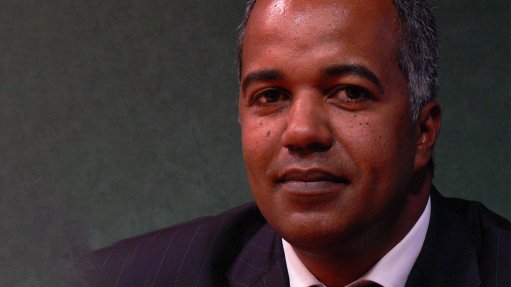
KASIEF ISAACS The impact of the connectivity on gross domestic product, economic access and job opportunities has been the subject of extensive research
The Tshwane municipality’s free WiFi initiative, rolled out by nonprofit organisation Project Isizwe, could provide a model for social-impact bonds in South Africa, whereby the private sector guarantees delivery of services, the public sector guarantees payment and commercial funding is accessed upfront from the financial markets.
Social-impact bonds are a form of innovative funding that enables service providers, including nonprofit organisations, to access upfront resources to deal with social problems by tapping private funding to cover the upfront costs of social programmes approved by government institutions.
This funding significantly reduces the risk for municipalities resulting in a demonstrable shift toward an outcomes-based procurement model.
This is according to specialist fund manager Mergence Investment Managers portfolio manager Kasief Isaacs. He tells Engineering News that Mergence has invested in Tshwane’s free WiFi roll-out project and the investment will be used as bridging financing to enable Project Isizwe to accelerate the third phase roll-out.
The first phase of the project was launched in November 2013, with five sites and a capacity of 25 000 users spread across five locations in Soshanguve, Mamelodi and Atteridgeville.
Phase 2 was launched in 2014, with a further 213 sites, while Phase 3, currently under way, will increase the number of sites to more than 600, connecting more than 700 000 users.
Isaacs states that Mergence aims to invest in projects that will have a social impact and provide a competitive return on investment for its institutional clients.
“Project Isizwe is underpinned by strong project fundamentals in respect of the structure and agreements between Isizwe and the City of Tshwane. Isizwe’s record of successful deployment in previous phases has made this initiative attractive and the project’s tangible impact is a key part of Mergence’s investment philosophy,” he says.
Project Isizwe COO Zahir Khan says some municipalities have been affected by nondelivery and misallocated spending. Through the private and nonprofit sectors, a combination of service delivery guarantees and upfront funding from the commercial sector can ensure payment by government only after successful outcomes.
He adds that the model could be used to support the national broadband roll-out envisaged by government and telecommunications giant Telkom, with fibre as the backbone and municipal WiFi as the process used to connect the end-user to the communications network.
“The Mergence investment represents a key building block for Project Isizwe in accessing commercial funding from fund managers and the financial markets to help raise capital for further roll-out of the Tshwane project. Over the longer term, we could develop a funding and deployment model, in the form of a social-impact bond, for similar WiFi projects in other municipalities across South Africa and potentially in the wider African market,” Khan states.
Meanwhile, Isaacs notes that the impact of the connectivity on the gross domestic product (GDP), economic access and job opportunities has been the subject of extensive research.
Current World Bank statistics indicate that, on average, a 10% increase in broadband penetration increases a country’s GDP per capita by 1.28% and employment by 0.28%; it also facilitates the growth of small and medium-sized enterprises.
Isaacs states that bridging the digital divide can be a key enabler that broadens access to economic opportunities and enables marginalised communities to participate in the economy.